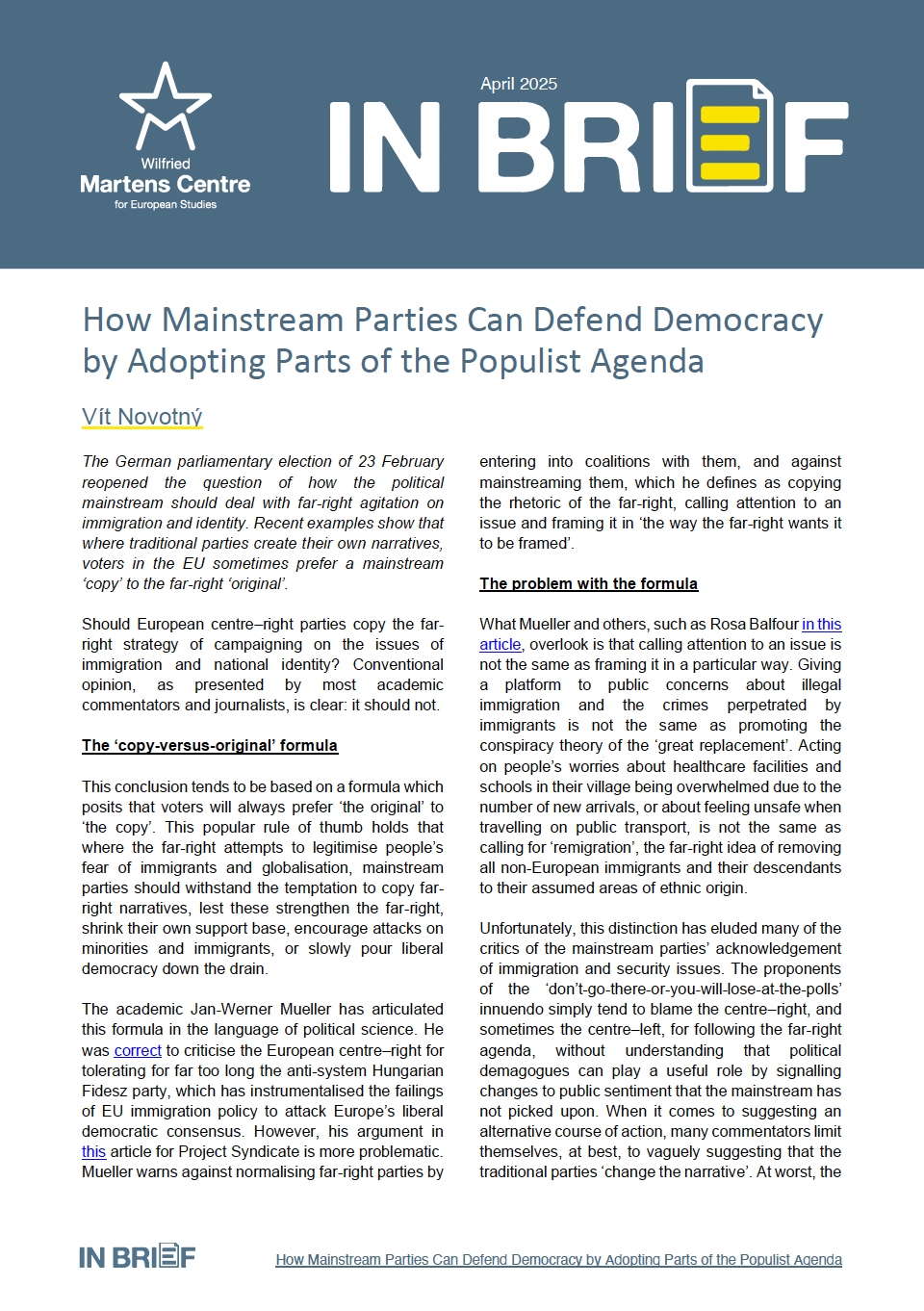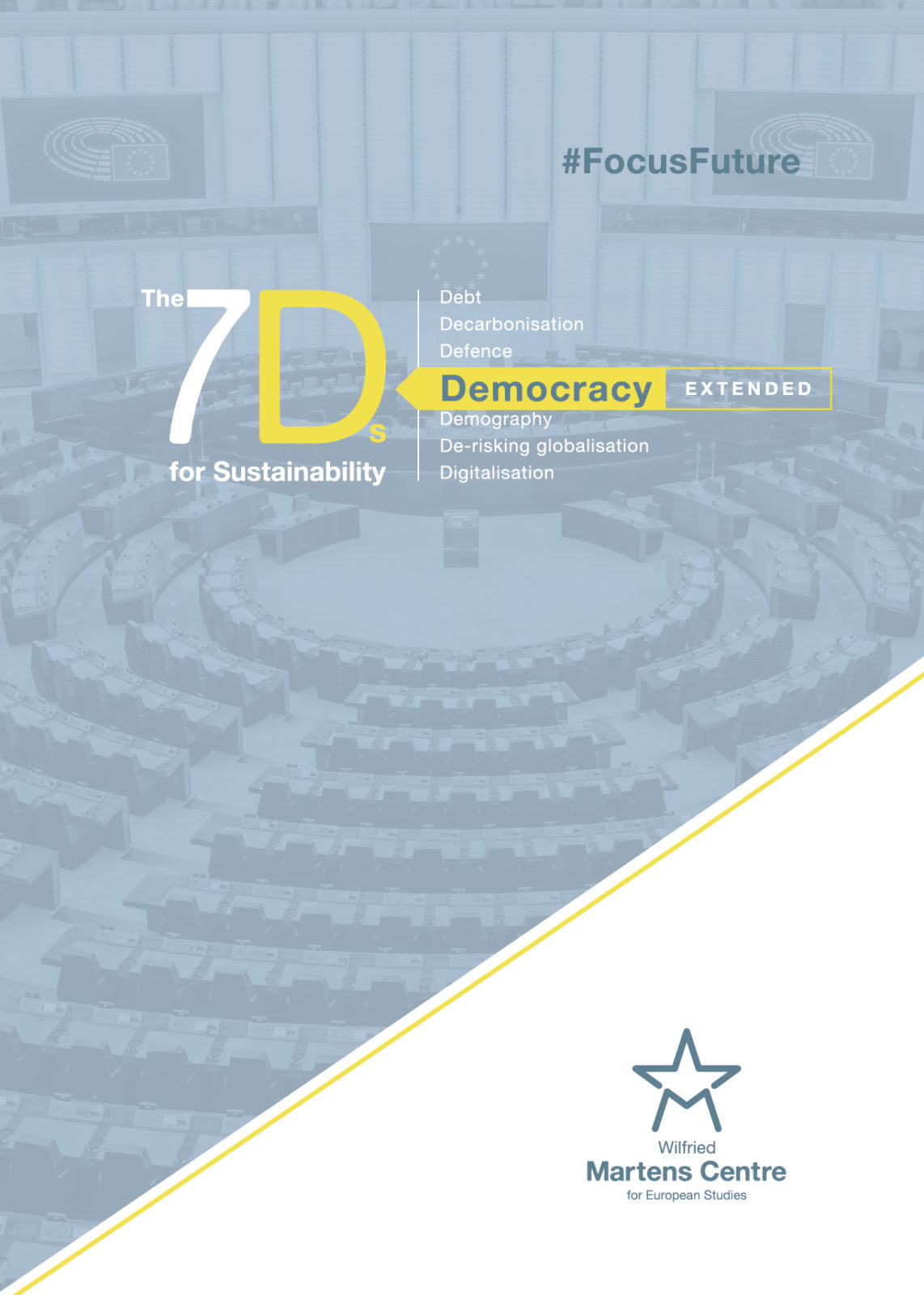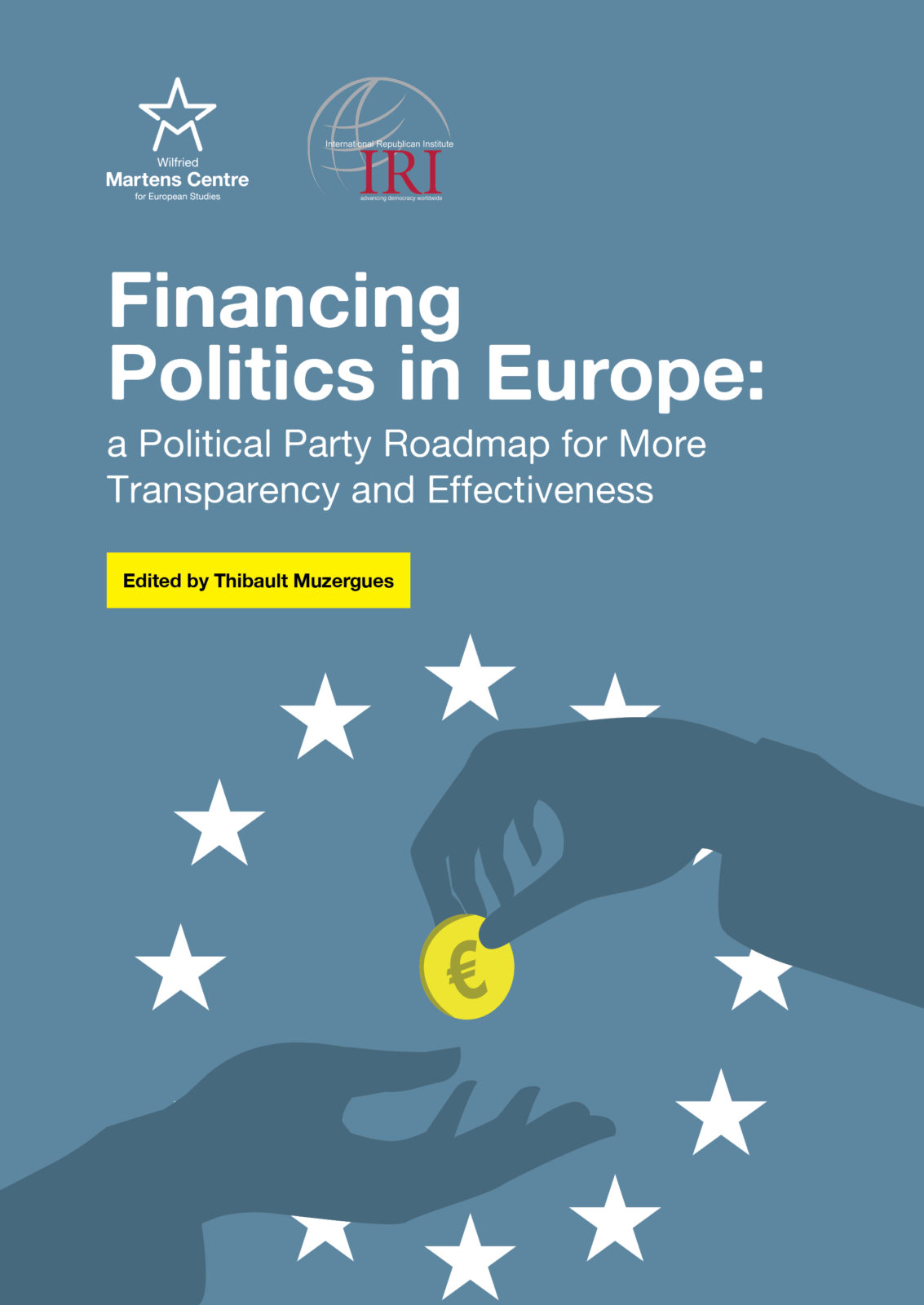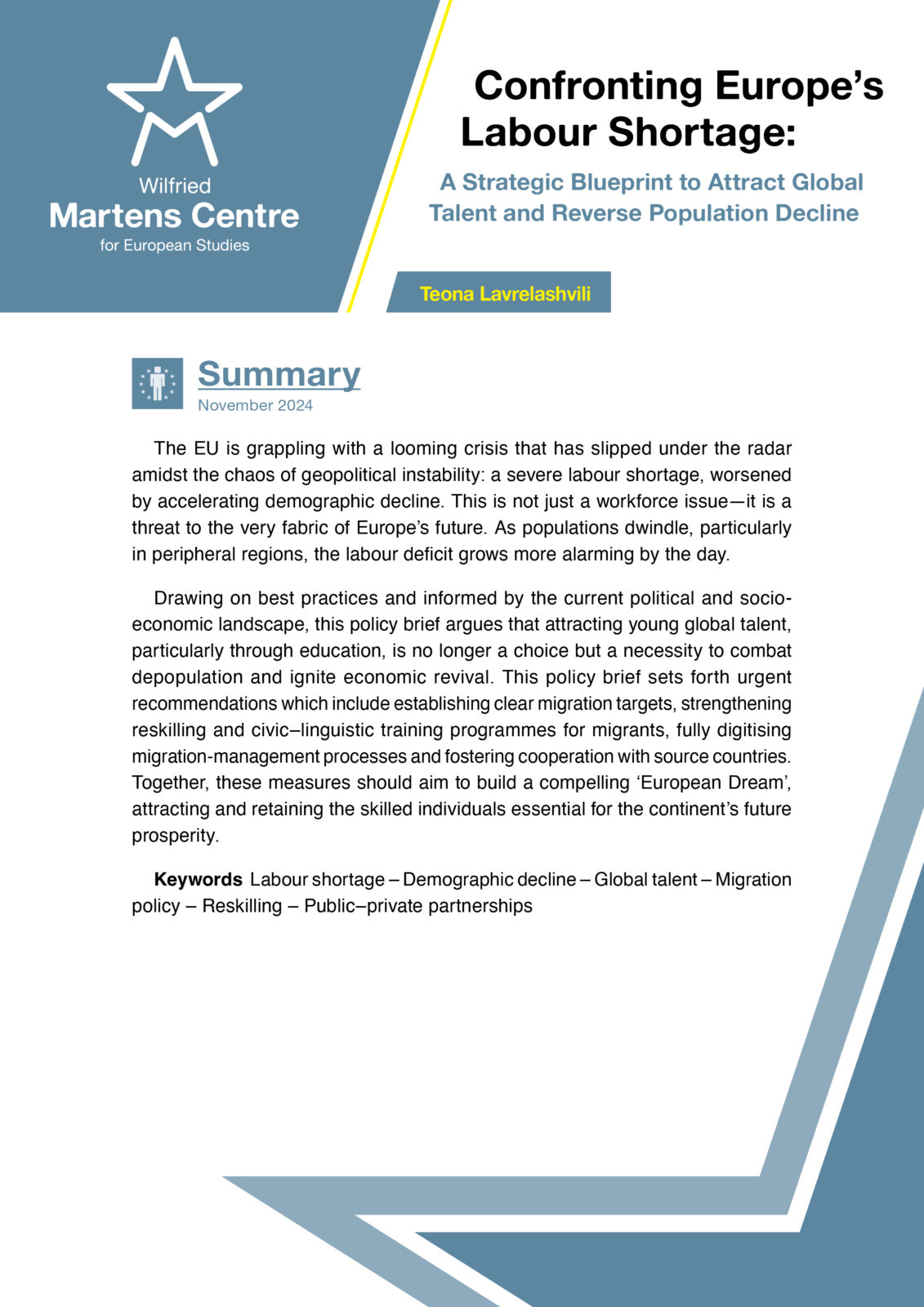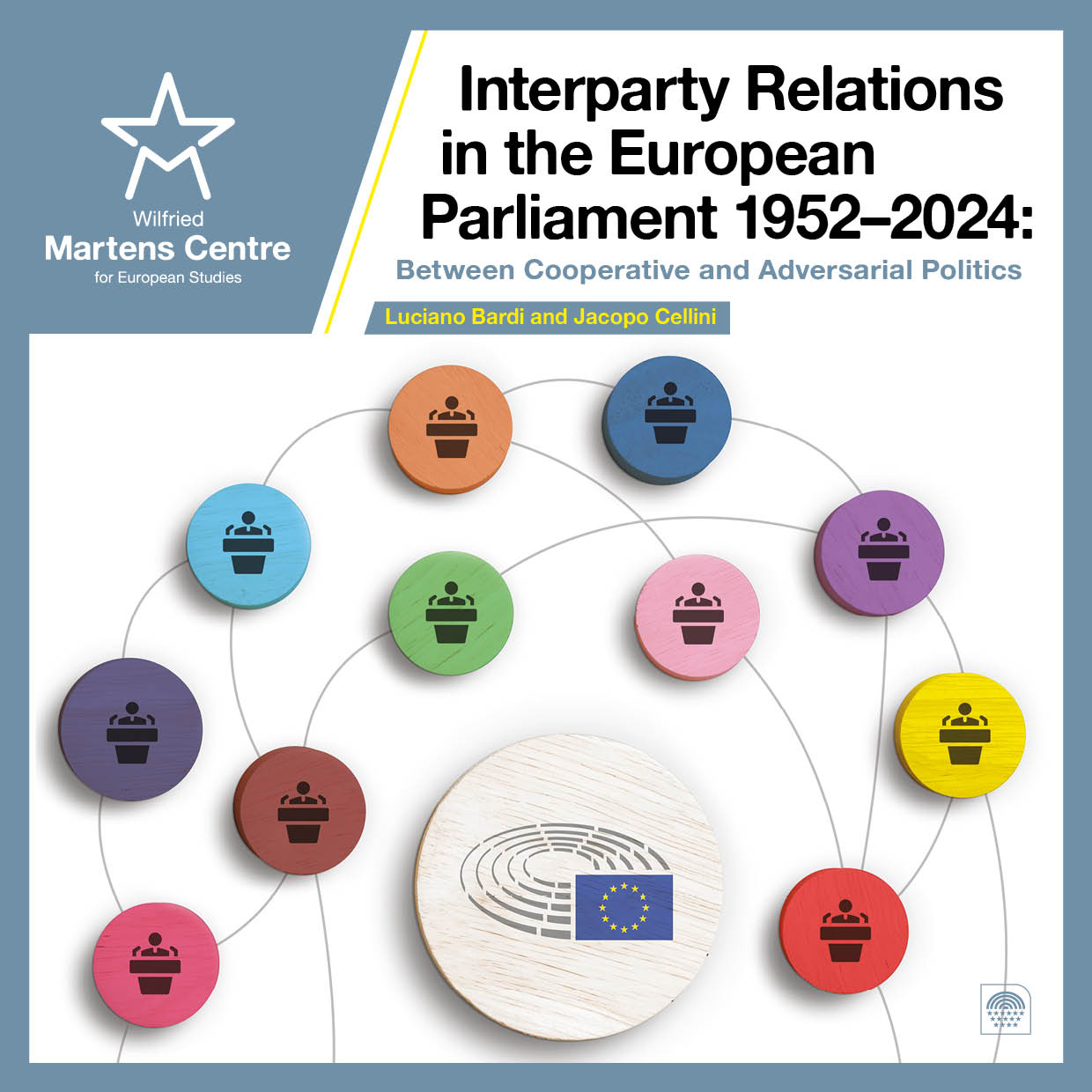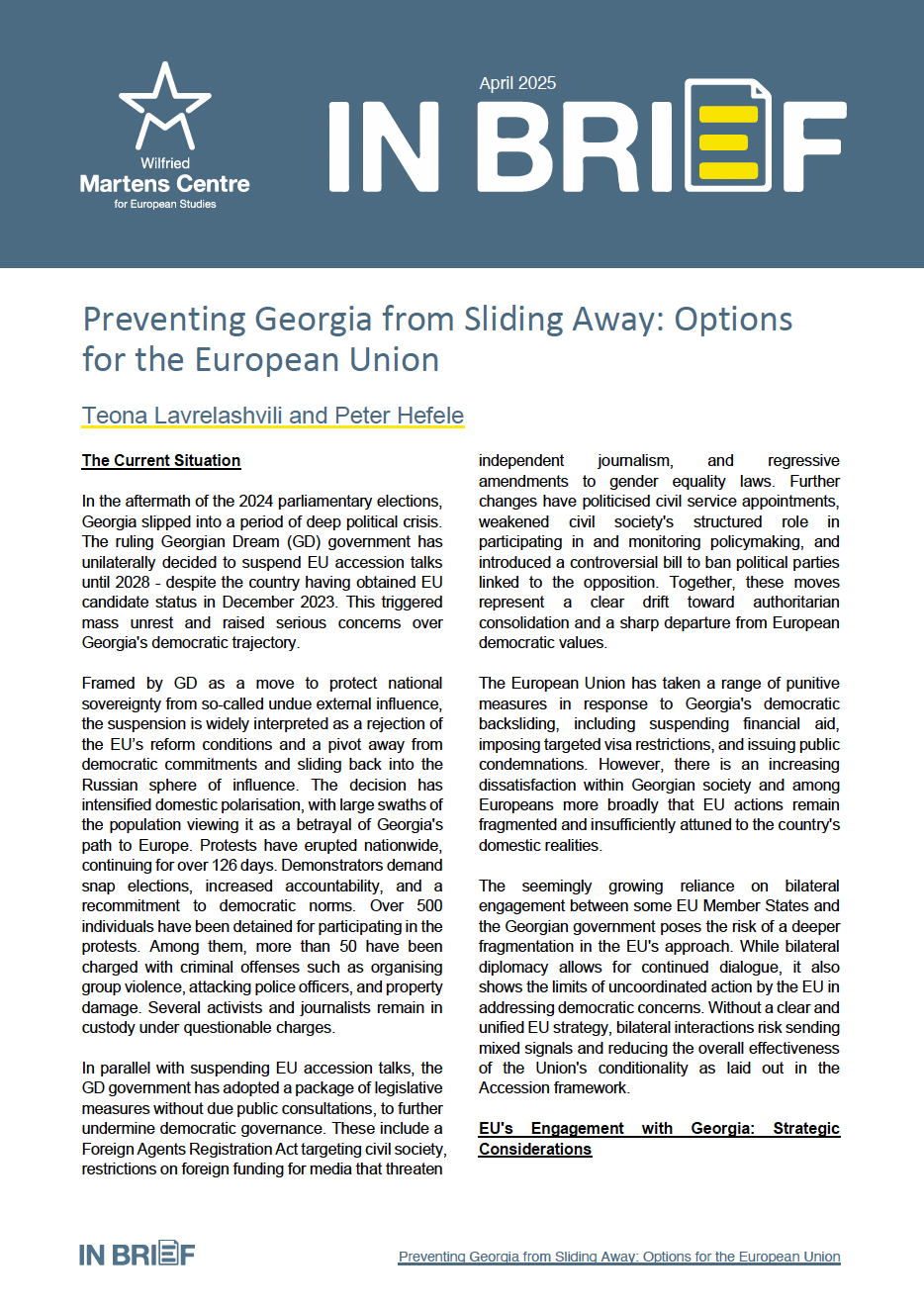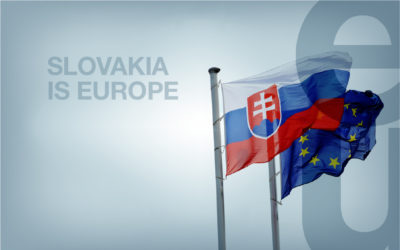How Mainstream Parties Can Defend Democracy by Adopting Parts of the Populist Agenda
08 April 2025
The German parliamentary election of 23 February reopened the question of how the political mainstream should deal with far-right agitation on immigration and identity. A popular rule of thumb holds that where the far-right attempts to legitimise people’s fear of immigrants and globalisation, mainstream parties should withstand the temptation to copy the far-right focus on immigration lest they strengthen the extremes and lose votes.
Recent examples of national parliamentary elections in Europe show that the ‘copy-versus-the original’ thesis is false. The cases of Germany, Portugal, Poland, Greece and Denmark demonstrate that it is possible for the political mainstream to make immigration a rallying theme and win at the polls. In these countries, mainstream parties did ‘copy’ immigration as a campaign topic from the national populists or the far right. However, they did not reproduce the populist narratives in their entirety. Instead, these parties adopted tougher positions on immigration without the xenophobic undertones. On assuming power, they kept their countries firmly anchored to the framework of liberal democracy.
ENJOYING THIS CONTENT?


